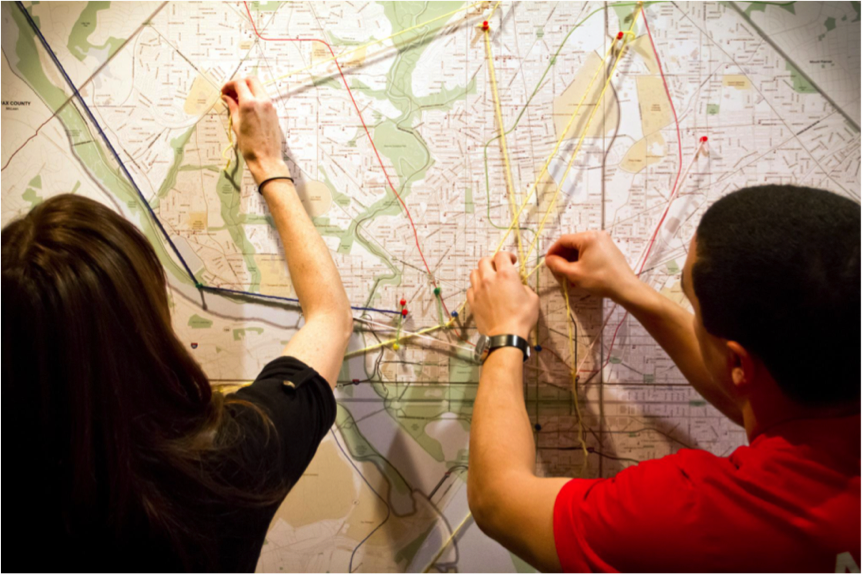Smart growth can provide a guide for recovery

Our economy is at a virtual standstill because of the COVID-19 pandemic. Millions of Americans have lost their jobs and healthcare. Businesses of all sizes are facing an existential threat. Local municipal budgets are being gutted. As we hope for light at the end of the tunnel we’ll need to craft a smart recovery. We leaned on our experience with the stimulus of 2009 and our long expertise in infrastructure and community development to produce a package of federal policy recommendations Congress should consider to build the foundation for a long-lasting recovery.




 This year, Smart Growth America continued to produce vital research and other content that is changing the conversation around critical issues. This resources fuel our advocacy across the country and in the nation’s capital, fighting for a future that is healthy, prosperous, and resilient.
This year, Smart Growth America continued to produce vital research and other content that is changing the conversation around critical issues. This resources fuel our advocacy across the country and in the nation’s capital, fighting for a future that is healthy, prosperous, and resilient.
